Yucca glauca, also known as soapweed, is a member of the agave family. Agaves are stout plants with woody stems or stem-bases, often tall, even tree-like, the long and narrow leaves crowded in rosettes at ends of stems or branches, a stout rapidly growing flower stalk arising from the rosette. Members of this family are from tropical or warm regions, often where it is arid. The Loess Hills are definitely not tropical, but there arid, creating ideal conditions for yucca to grow in west- and south-facing Loess Hills prairies. However, the plant depends on a symbiotic relationship with the yucca moth. The plant and the moth cannot live without each other. Without the yucca moth, the yucca plant would lose its only pollinator, and without the plant, the moth would lose its food source. Soapweed is pollinated by the night-flying moths who use the ovary of the flower as the site to lay their eggs. The young larvae eat the developing seeds. The yucca plant produces many seeds, so the larvae get sustenance while the plant can still reproduce. Flowers begin blooming on the plant's stalk in early to mid-June. The white petals form a bell-shaped flower that faces downward on the tall, stout stalk that can reach up to six feet tall! Soapweed yucca is a traditional Native American medical plant, used by the Blackfoot, Cheyenne, Lakota, and other tribes. Native Americans use yucca root for poultices for inflammations and to stop bleeding. Roots of the plant are pounded and mixed with water to make shampoo for dandruff and minor skin irritations.
0 Comments
Leave a Reply. |
Archives
June 2024
Categories
All
|
Address712 South Highway Street
P.O. Box 189 Oakland, IA 51560 |
ContactPhone: 712-482-3029
General inquiries: [email protected] Visit our Staff Page for email addresses and office hours. |

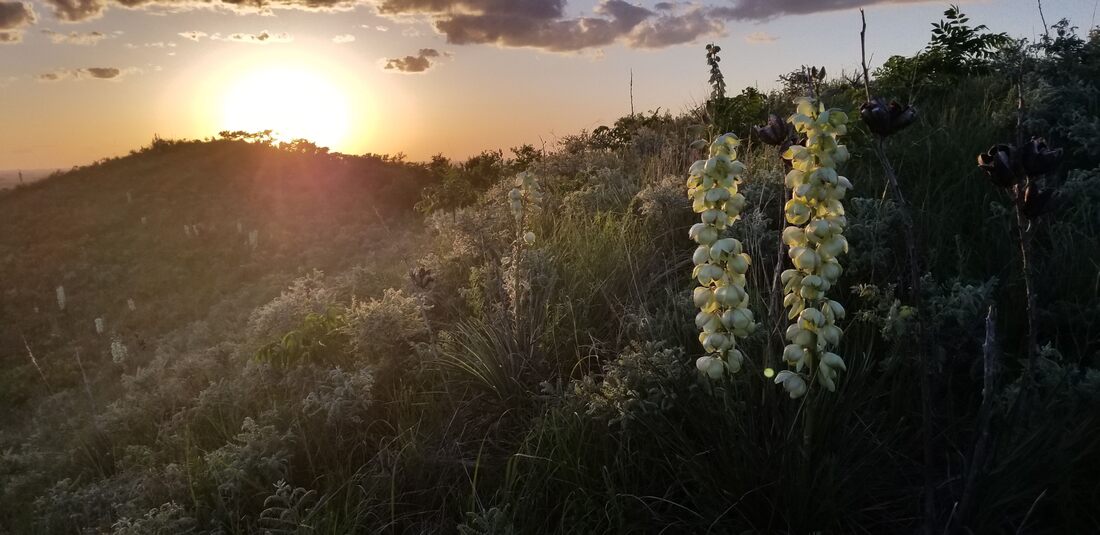
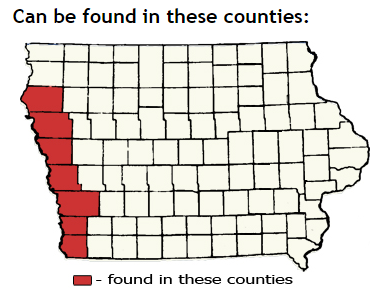
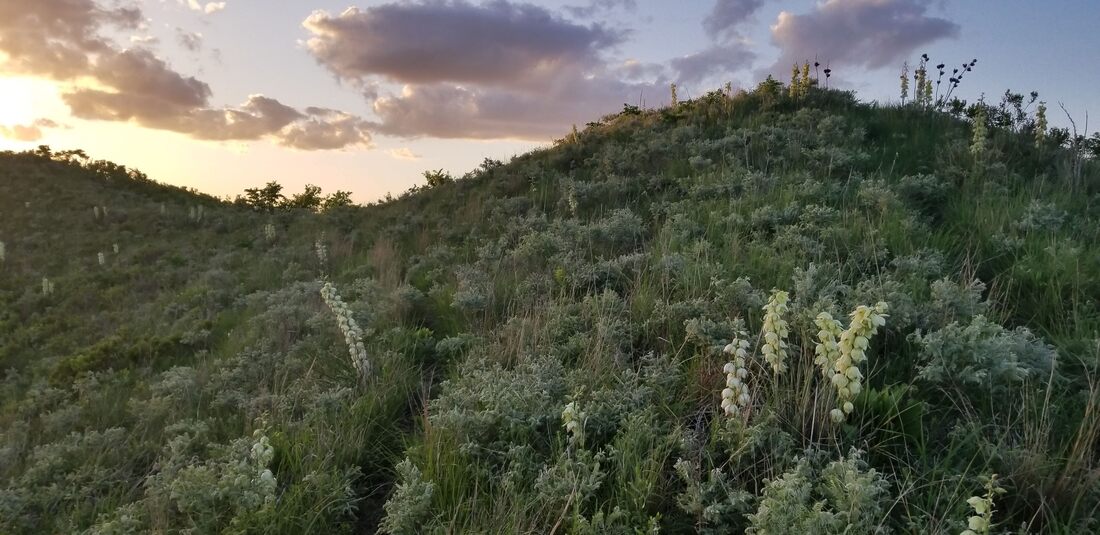
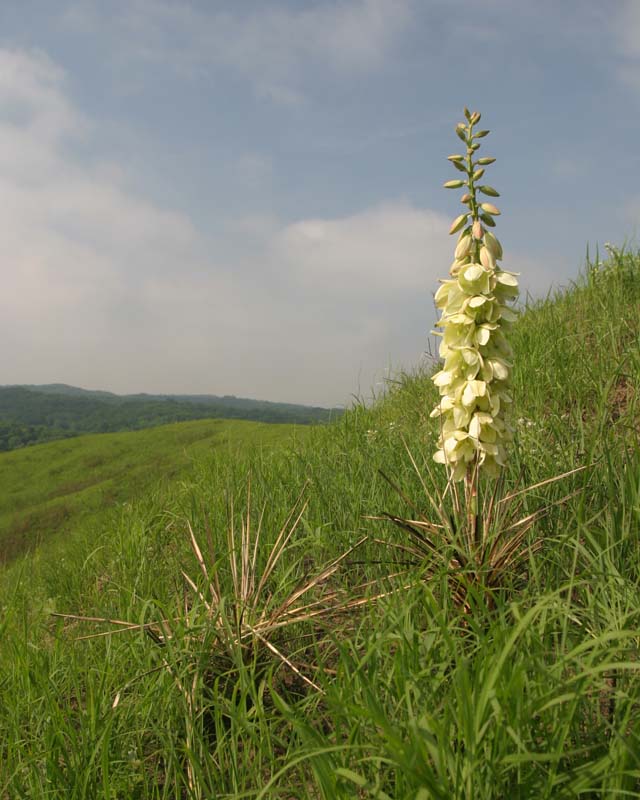
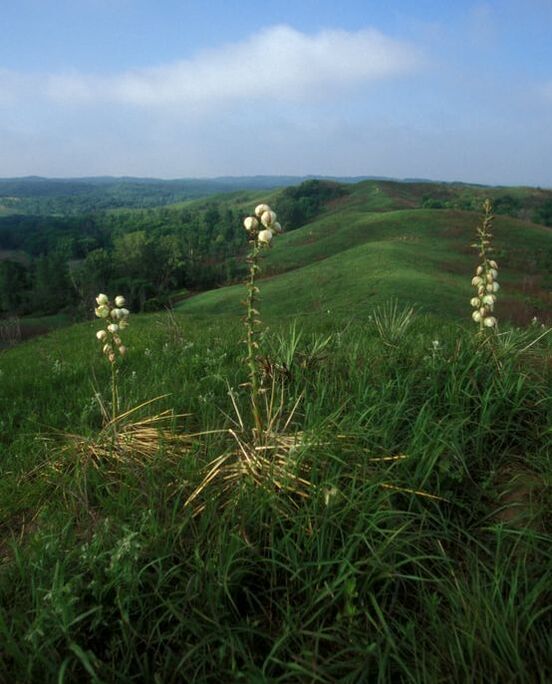
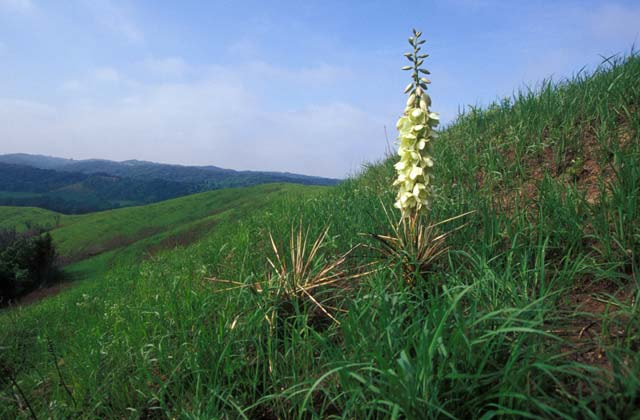
 RSS Feed
RSS Feed